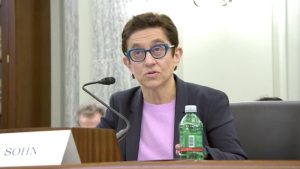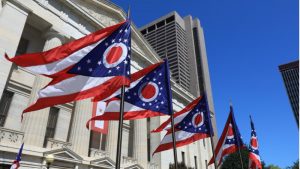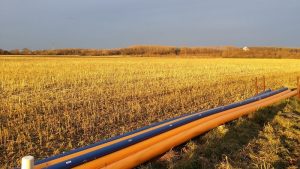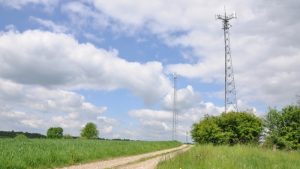The Federal Communications Commission (FCC) will seek feedback from stakeholders and the general public on what it can do to encourage greater participation by eligible Tribal applicants in the E-Rate program, which provides high-speed internet to schools and libraries.
The Colorado Broadband Office (CBO), under the Governor’s Office of Information Technology, has launched a new online Broadband Mapping Hub to assist Internet Service Providers, schools, communities, and businesses in their broadband planning efforts.
For more than a year, President Biden’s nomination of Gigi Sohn to the Federal Communications Commission (FCC), has been stalled in the Senate. On Feb. 14, the Senate Commerce, Science, and Transportation Committee held its third hearing on her nomination, and it was largely a rinse and repeat of previous hearings.
The Ohio State University (OSU) will use $3 million in state funding to design curriculum for Ohio’s Broadband and 5G Sector Partnership to help develop a skilled broadband workforce, according to a press release from Ohio Gov. Mike DeWine.
A bipartisan group of senators – Sens. Ben Ray Lujan, D-N.M.; John Thune, R-S.D.; Amy Klobuchar, D-Minn.; and Deb Fischer, R-Neb. – have reintroduced the Rural Internet Improvement Act. The legislation would “streamline and bolster U.S. Department of Agriculture (USDA) Rural Development broadband programs and ensure that their funding is being targeted to rural areas that need it the most,” according to the bill’s cosponsors.
The Federal Communications Commission (FCC) – in the midst of an ongoing revamp of how it builds and updates its national broadband maps – is in the process of gathering crowdsourced data from the public and considering how to use it to improve the mapping process.
The Treasury Department on Jan. 26 announced the approval of broadband projects totaling $793.7 million in four additional states under the American Rescue Plan’s Capital Projects Fund (CPF): Alabama, Kentucky, Nevada, and Texas.
To expand broadband access statewide, Missouri is turning to the American Rescue Plan Act (ARPA) Broadband Infrastructure Grant Program.
The Federal Communications Commission (FCC) announced a new $40 million funding round for the Emergency Connectivity Program (ECP).
In a bid to close the digital divide, Kansas Gov. Laura Kelly announced that the state will invest $44.5 million to expand access to high-speed internet statewide.











